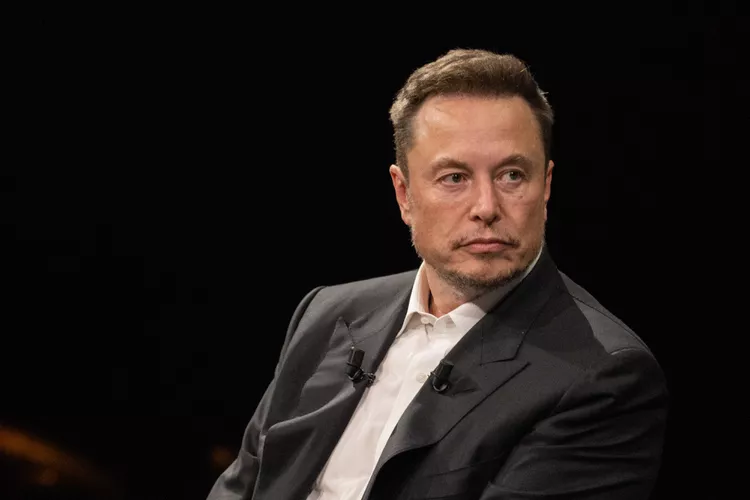As the United States teeters on the brink of another government shutdown, the intersection of politics, social media, and misinformation have taken center stage. This week, the role of X and its owner, billionaire Elon Musk, have sparked widespread debate. Musk’s campaign against a bipartisan stopgap spending bill, which ultimately failed to pass, prompts a conversation about the growing influence of social media in shaping political outcomes.
Shutdown Looms Amid Failed Funding Bills
Congress faces a midnight deadline to avert a government shutdown that would disrupt federal services and send hundreds of thousands of federal employees home without pay. A revised funding proposal, which would have kept the government running through March 14, failed to gain the necessary support in the House of Representatives. Speaker Mike Johnson’s attempts to negotiate a deal were thwarted by opposition from hard-right Republicans and President-elect Donald Trump.
The proposed legislation, H.R. 10445, included provisions for disaster relief, agricultural aid, infrastructure repairs, and healthcare reforms, as well as a modest cost-of-living adjustment for lawmakers. Despite its bipartisan elements, the bill faced fierce criticism from both sides, with Musk as one of its most vocal opponents.
Musk’s Role in Killing the Deal
Using his platform X, Musk unleashed a barrage of posts amplifying falsehoods about the spending bill. Claims ranged from exaggerated pay raises for lawmakers to unfounded allegations that the bill would fund bioweapons labs and mandate mask-wearing. Fact-checks revealed significant inaccuracies: the supposed 40% pay hike for Congress was, in reality, a 3.8% adjustment, and the bio-containment labs mentioned in the bill were intended for public health research, not bioweapons.
Musk’s misinformation extended to accusations that the bill would facilitate the construction of a taxpayer-funded NFL stadium in Washington, D.C. The bill explicitly prohibited federal funds from being used for stadium purposes. Nevertheless, Musk’s relentless posts galvanized opposition among Republicans, many of whom echoed his false claims.
The Fallout
The collapse of the spending bill has left Congress scrambling to avoid a shutdown. With the deadline hours away, lawmakers face mounting pressure to find a resolution. Speaker Johnson’s leadership is being tested, and the situation has raised questions about Trump’s influence over congressional Republicans.
The Broader Implications
Musk’s actions show the dangers of misinformation in policymaking. By leveraging his platform and personal brand, Musk influences congressional decision-making, raising concerns about accountability and transparency.
This incident also displays the challenges Congress face in navigating bipartisan solutions in a polarized environment. The failed funding bill, initially intended to address urgent needs such as disaster relief and infrastructure repairs, became a casualty of partisan infighting and external interference.

References
Kinnard, M. (2024, December 19). Closures, Social Security checks, furloughs: What a government shutdown might mean. AP News.
Shapero, J., & Lee, E. (2024, December 19). Musk floods X with spending bill misinformation. The Hill.
Looker, R., & Binley, A. (2024). Trump-backed bill to keep US government running fails to pass. BBC News.
Klee, M. (2024, December 18). Musk kills government funding deal, demands shutdown until Trump is sworn in. Rolling Stone.


